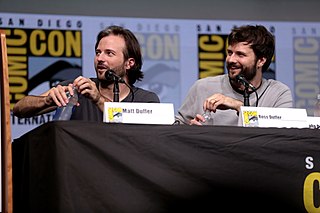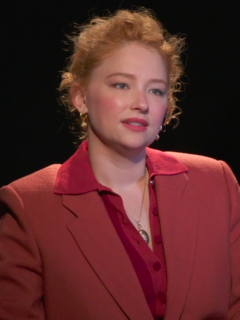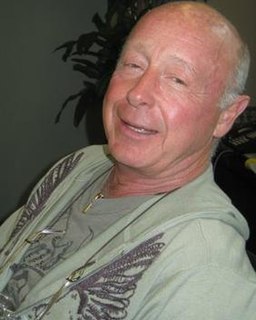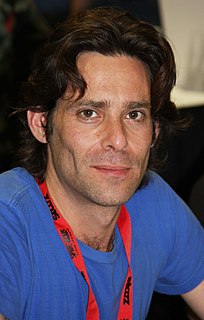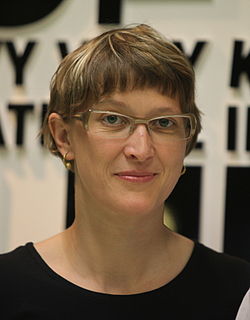A Quote by Rachel Morrison
I did photography in summer camp; I did it in high school. The only hard decision I've had to make was whether to go towards photo or film. And I ultimately realized that the type of photo I was interested in was actually photojournalism. And it's a very individualist career, whereas film is a very team-driven medium. So that's why I chose film.
Related Quotes
I left film because I felt that photography was my art. It was something I could do on my own, whereas film was so collaborative. I thought as a photographer I could make something that was artistic and that was mine, and I liked that. And it wasn't until I got back into film and I have very small crews and I could do very tiny filmmaking that wasn't 100 people that I still felt that I was making something artistic as a filmmaker. So, you know, I'm an artist, and whether it's photography or film, I want my voice to be there and I think my voice is very strong in this film.
We had this idea, and I think a lot of people did going in, that you can make some short film and it's going to get industry attention and that's going to be your thing. And it was only later on at school that we realized that's very rare that a short film is going to capture the attention of anyone.
When I was studying photography, I became interested in conflict photojournalism, and that got me interested in lighting. Then I realized there was this amazing thing called cinematography where you could kind of tell more complete stories photographing for film. So I ended up going to AFI grad school for that.
There's not a formula that I'm following; it's just how I feel at the time. For instance, I did a very experimental film called 'Hardcore Henry,' and that was simply because I thought the filmmaker was very interesting and a risk taker. A film like that had never been made before, so I chose to do that at the time.
I'd never read 'Prince Caspian'. I watched it and loved that film. Everybody was talking about its lack of success; its relative success in comparison to the other film. It's a great film. It deserved to do a lot better than it did. It's very difficult to make a film that will match up to the first.
Even if the film doesn't come out quite as you'd hoped, the process can also be very rewarding. I feel that way about a film called 'Lay the Favorite' that I made with Stephen Frears. I did that because the character was a real leap for me. The film doesn't quite all add up internally, but I feel very proud of what I did on it.
I'm not trying to be self-serving, but you know, you get to Hollywood, and if you want to make something big and loud and dumb, it's pretty easy. It's very hard to go down there and make a film like 'Sideways,' which I thought was a great film. They don't want to make films like that anymore, even though that film was very successful.
I wanted to be a playwright in college. That's what I was interested in and that's what I was moving toward, and then I had the lucky accident of falling in love with film. I was 19 or 20 that I realized films are made by people. Shooting digitally became cheaper and better. You couldn't make something that looked like a Hollywood film, but you could make something through which you could work out ideas. I was acting, but I was also conceiving the plots and operating the camera when I wasn't onscreen. I got very unvain about film acting, and it became a sort of graduate school for me.
Film and television as a medium has only very recently begun to be taught at the great drama schools in the UK. When I was at drama school in the UK, I was there for two and a half years, and we did one week of television and film. It's right before you leave. It's like, "We've taught you Anton Chekhov and William Shakespeare, you are likely to be in a washing-up soap-liquid commercial."


